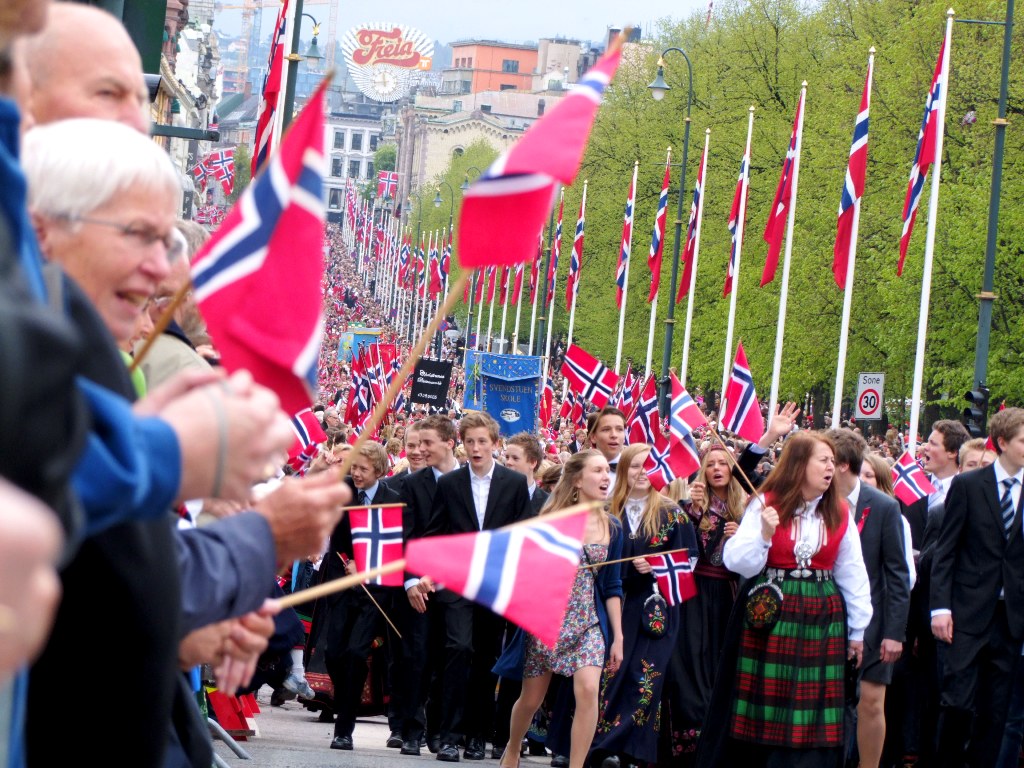Swedes – happy but not the happiest
United Nations Human Development Index measures where the happiest people in the world live.
-
 The happiest people in the world: our neighbors the Norwegians! May it rub off on us, too. Swedes are listed as the 10th happiest people in the world. All according to the United Nations Human Development Index 2011.
The happiest people in the world: our neighbors the Norwegians! May it rub off on us, too. Swedes are listed as the 10th happiest people in the world. All according to the United Nations Human Development Index 2011. -
-
The happiest people in the world – where do they live? Try Norway. According to the United Nations Human Development Index 2011, which measures happiness based on factors such as income, education, health, life expectancy, economy, gender equality and sustainability, the happiest people in the world, dwell way up north. The Swedes came in tenth, and our fellow Scandinavians the Icelanders on the 14th spot, Danes came on the 16th, and the Finns on 22nd. Essentially the index implies that if you live longer, earn more money and have access to good schools and healthcare, you're probably going to be happier than people who don't. "To be more accurate, one would say this measures the quality of life. It goes beyond income to include basic measures like education and health," says Surekha Subarwal, U.N. communications representative from New Delhi. The top ten happiest countries are: 1. Norway 2. Australia 3. The Netherlands 4. The United States 5. New Zealand 6. Canada 7. Ireland 8. Liechtenstein 9. Germany 10. Sweden. A short comparison between Sweden, Norway, and the US looks like this:
-
 Swedish fans celebrate after Loui Eriksson scored his second goal to give the Tre Kronor a 3-0 lead against Finland. Bildbyran photo/Joel Marklund
Swedish fans celebrate after Loui Eriksson scored his second goal to give the Tre Kronor a 3-0 lead against Finland. Bildbyran photo/Joel Marklund -
-
Norway
Life expectancy at birth: 81.1 years
Income (GNI per capita): US$47,557
Population: 4.9 million -
Sweden
Life expectancy at birth: 81.4 years
Income (GNI per capita): US$35,837
Population: 9.4 million -
USA
Life expectancy at birth: 78.5 years
Income (GNI per capita): US$ 43,017
Population: 313 million -
The absolutely unhappiest people in the world – according to this index – are the people in the Democratic Republic of Congo.
For more information:
http://hdr.undp.org/en/statistics/ -
-
